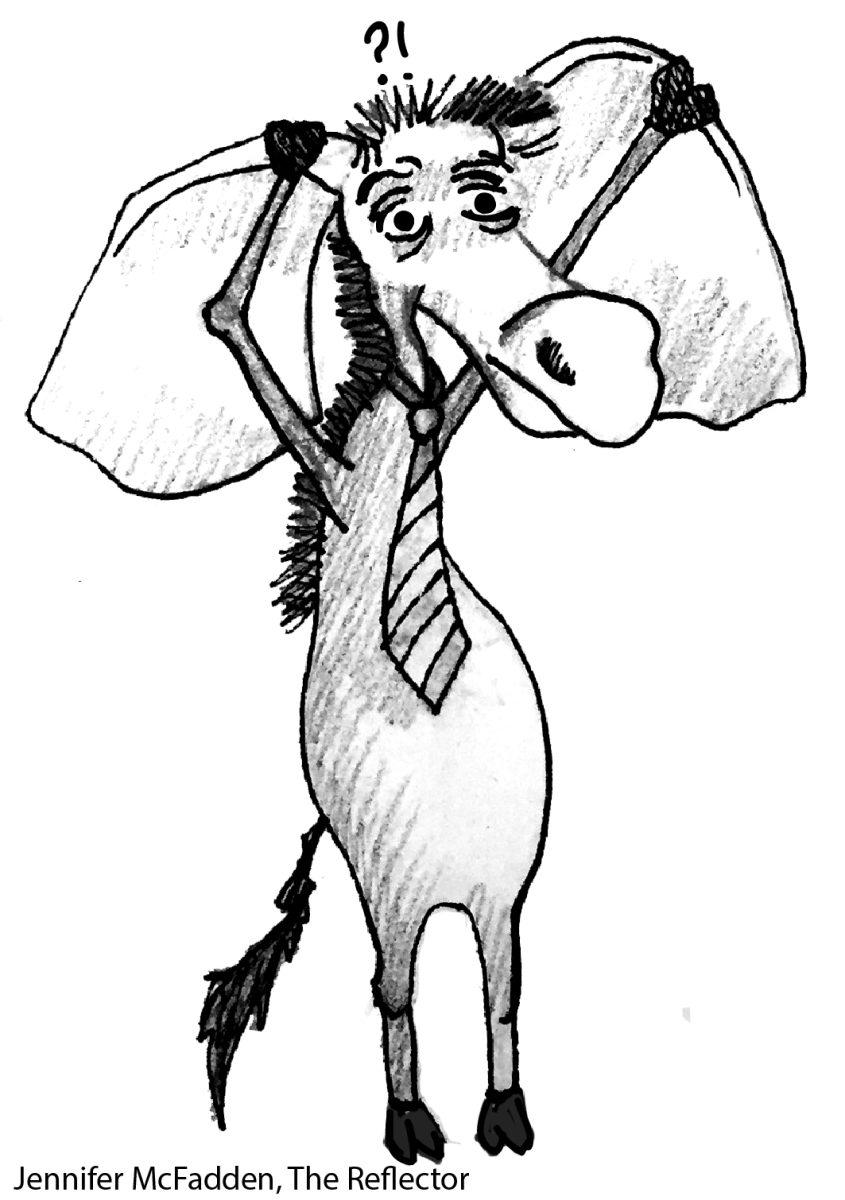Currently, American politics are similar to voting where to eat with a large group of friends. Five friends want Panda Express, five friends want Burger King and three friends want Subway. You know you would prefer Chick-fil-A and its fried goodness, but your vote would be wasted on it. Therefore, you choose the lesser of the three evils, and everyone goes to Panda, even if it was not what you wanted.
To be frank, I hate both major parties in the U.S.. Republicans are being dragged to extremes by a man who hosted a reality TV show and tweets like a five-year-old, and Democrats have quickly become a party of words over actions.
I am not fond of how either party is arbitrarily against everything the other side says, regardless of the stance’s actual value, and I am unhappy our political discourse has been reduced to social media analysis and name-calling. Maybe I am asking too much for the world of politics.
As reported by Brent D. Griffiths for Politico, John Kasich, Republican Governor of Ohio and former presidential candidate, recently brought up these same gripes, foreseeing a multi-party system in the near future. At this point, I believe a political party overhaul is necessary, and our current system will only continue Republican-Democrat dominance.
According to the Britannica Encyclopedia, the U.S. political system is based on a plurality system, meaning winner-takes-all. Therefore, it is in the best interest of a political party to have the widest base as possible, and since our politics are based on a left-right spectrum, our two major political parties are basically “the left party” and “the right party.”
The parties may have originated on different ideals, but their modern interpretations boil down to umbrella parties covering a wide base in order to secure the most votes.
Strangely enough, Patrick Dunleavy with the London School of Economics and Political Science found other countries with similar winner-takes-all systems do not face the two-party dominance the U.S. does, so it is possible the U.S. political system is a more cultural phenomenon than a logical one.
Either way, the two-party system has produced underwhelming results, but how can it be fixed? Some might say a third party, but they have yet to prove themselves viable. Third parties have always been around in U.S. elections, but according to Ron Faucheux with Quartz, only once has an independent candidate won a U.S. presidential election, which was George Washington in 1789 and 1793. The closest a third-party candidate ever came to the presidency was with Theodore Roosevelt with 27 percent of the vote in 1912.
What this leaves America with is a change in how votes are counted. We cannot just introduce new parties and expect them to win, especially considering how Fortune’s Tony Newmyer estimates the startup costs for a presidential candidate is around $10 million and then add $10 million for every swing state you visit. Democratic and Republican donors spend billions each year favoring each party, and third parties just would not be able to compete, as history shows.
Therefore, we change how parties enter the race. Proportional representation is the United Kingdom’s system of government which proportionally distributes seats based on the number of votes. In the U.K., this means people have many options for parties because parties do not need to reach the required 50.1 percent to gain any form of political power.
While this method of governing does cause occasional political gridlock when a there is a sizable divide in legislature, it is nothing new to American voters. Additionally, it means every part of the political spectrum is heard, so communists and moderate liberals can be in separate parties, while fiscal conservatives and social conservatives can stop trying to force a broken marriage.
The two-party system forces voters to choose between a rock and a hard place, and no amount of third party support is going to change the massive voter bases the two major parties have. It is a losing game, but that is why it is necessary to change the playing field.
The question is not whether we should replace Democrats and Republicans in a two-party system. The question is how we can replace the two-party system.























































































